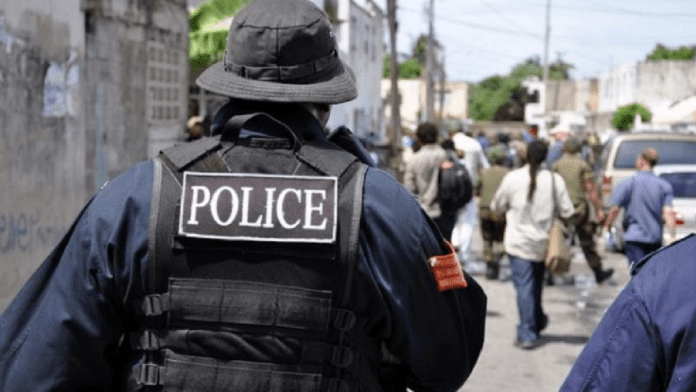The Jamaica Constabulary Force (JCF) has again sought to clarify its position on the roll-out of body-worn cameras (BWCs), pushing back against what it describes as “misleading commentary” in some sections of the media and reaffirming its commitment to full deployment of the technology.
In a strongly worded statement, the JCF High Command said it has repeatedly shared updates on the BWC programme and disclosed budgetary and operational details—information that is not typically made public because of national security concerns. The Force said the transparency was intended to keep Jamaicans informed, not to respond to external pressure.
“For several months, we have publicly acknowledged that the Force is actively engaged in the procurement of an additional 1,000 BWCs, a process that is lengthy and complex,” the statement read. “Yet, rather than recognising this as an update in the spirit of transparency, some outlets have chosen to reframe this information as a response to public pressure. This is not only inaccurate, it is disingenuous.”
The JCF emphasised that calls from advocacy groups for the mandatory use of BWCs create a false impression of resistance. “The reality is that we cannot be mandated to use tools that we do not yet have,” the Force noted, explaining that the limited deployment of cameras reflects the financial and logistical challenge of outfitting more than 8,000 frontline officers. The JCF said it does not control the government’s procurement process or budget allocations.
Even after the arrival of the additional 1,000 cameras, significant coverage gaps will remain, the Force admitted, pointing to the high costs and infrastructure needs associated with a national roll-out. “The national roll-out of BWCs is an extraordinarily expensive and time-consuming endeavour, one that requires careful planning, infrastructure development, and sustained budgetary support,” the statement said.
The JCF also rejected what it called attempts by advocacy organisations such as Jamaicans for Justice (JFJ) and the Independent Commission of Investigations (INDECOM) to dictate operational strategy. “Let it be clearly stated: The JCF will not be dictated to by JFJ, INDECOM, or any other group on matters of operational deployment,” the Force said, while adding that it remains open to “meaningful dialogue grounded in facts.”
At the same time, the JCF acknowledged a shared concern with civil society groups: the high number of fatal police shootings. “We have never shied away from this fact, and we have said repeatedly that we would prefer that number to be zero,” the Force said.
According to the statement, reducing police-involved fatalities requires a three-pronged approach:
-
Reducing operational output to avoid armed confrontations — which the Force insists is not an option given Jamaica’s security challenges.
-
Appealing to criminals to stop using deadly force against police officers, a call the JCF urged all stakeholders to support.
-
Investigating fatal encounters thoroughly and holding officers accountable when misconduct is found, a process the JCF said it already supports and cooperates with.
The JCF stressed that the “overwhelming majority” of INDECOM investigations have cleared officers of wrongdoing and reaffirmed its commitment to accountability and modernisation. “This is the mature posture of a Force committed to modernisation, not a Force resisting change,” the statement concluded.
The JCF’s remarks come amid ongoing national debate over police accountability and the pace of technological reforms. While the Force’s plan to expand its body-camera programme continues, officials caution that full implementation will require time, funding, and sustained public support.

 4 months ago
29
4 months ago
29

 English (US) ·
English (US) ·